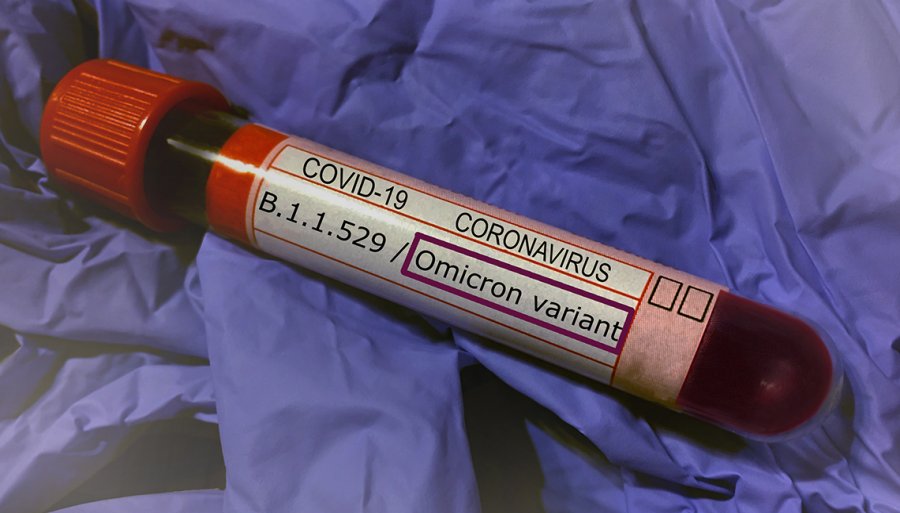World Health Organisation (WHO) says the risks related to the Omicron variant remain high owing to its higher transmissibility nature.
The variant which was first reported by South Africa was henceforth designated variant of concern with the advice from the WHO’s Technical Advisory Group on Virus Evolution.
Omicron is a highly divergent variant with a high number of mutations, including 26-32 mutations in the spike protein.
Several countries including Zimbabwe have reported cases of the Omicron variant in the past few months.
However, most people have adjudged the variant to be less risk, than the Delta variant which claimed many lives.
Despite the seemingly fewer risks, WHO in a statement is of the view that risks from the Omicron variant remain high.
‘’The overall risk related to Omicron remains very high for a number of reasons. First, the global risk of COVID-19 remains very high overall.
‘’Second, current data indicate that Omicron has a significant growth advantage over Delta, leading to rapid spread in the community.
‘’The rapid increase in cases will lead to an increase in hospitalizations, may pose overwhelming demands on health care systems and lead to significant morbidity, particularly in vulnerable populations,’’ read the statement.
WHO added that ‘’the overall threat posed by Omicron largely depends on four key questions: (i) how transmissible the variant is; (ii) how well vaccines and prior infection protect against infection, transmission, clinical disease and death; (iii) how virulent the variant is compared to other variants; and (iv) how populations understand these dynamics, perceive risk and follow control measures, including public health and social measures (PHSM).’’
According to WHO, ‘’this global risk assessment, and public health advice, are based on the current best available evidence and will be updated frequently as more information becomes available in relation to these key questions.’’



